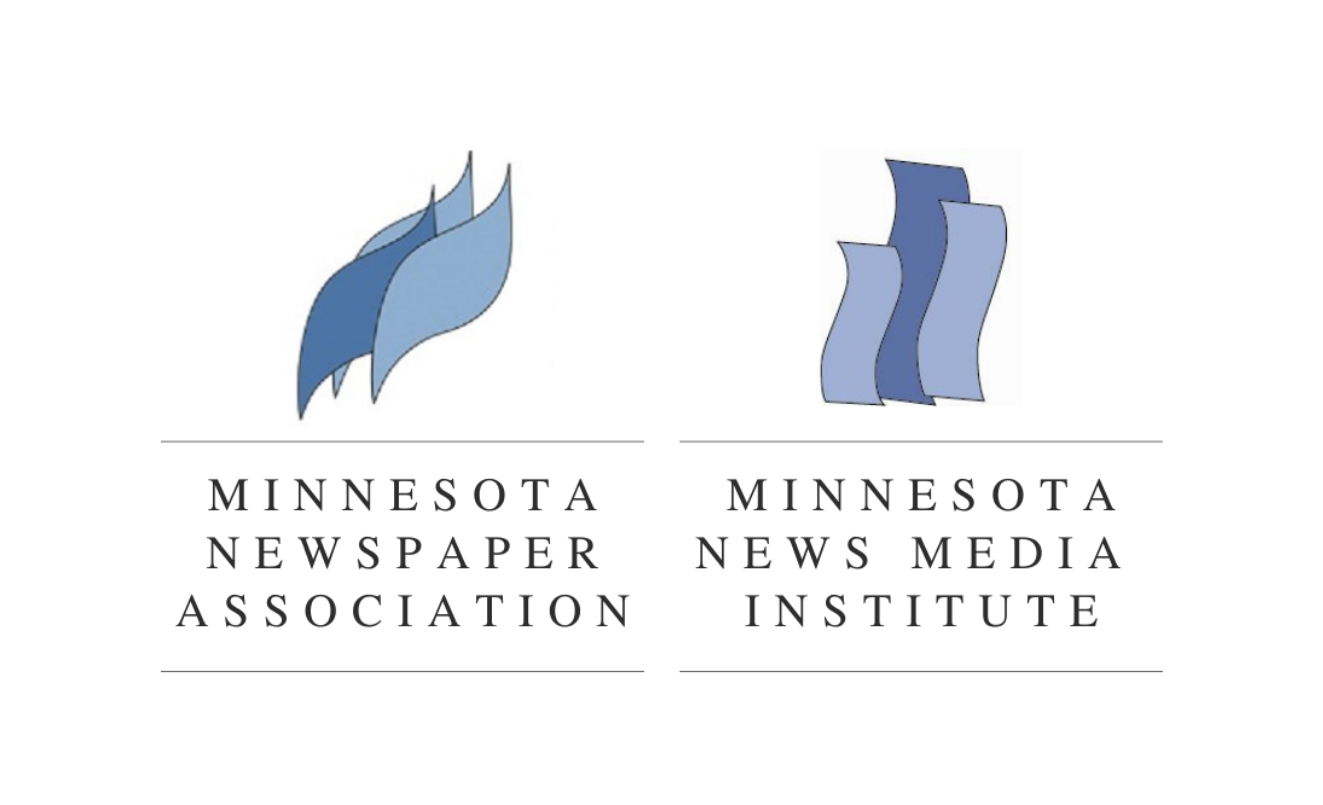By Al Cross – Into the Issues
President Biden had some important words for rural journalists and their readers in his inaugural address. He said the nation “must end this uncivil war that pits red against blue, rural versus urban, conservative versus liberal,” and stand up for truth, against “lies told for power and profit.”
That passage began with Biden noting that St. Augustine said “a people was a multitude defined by the common objects of their love.” Biden asked, “What are the common objects we as Americans love, that define us as Americans? I think we know. Opportunity. Security. Liberty. Dignity. Respect. Honor. And, yes, the truth.
“Recent weeks and months have taught us a painful lesson. There is truth and there are lies. Lies told for power and for profit. And each of us has a duty and a responsibility, as citizens, as Americans, and especially as leaders – leaders who have pledged to honor our Constitution and protect our nation, to defend the truth and defeat the lies.”
Also especially, journalists. And even more especially rural journalists, because rural America is a huge part of the political base of Donald Trump, whose repeated falsehoods about election fraud provoked a mob of his supporters to attack the Capitol. (That’s according to Senate Republican Leader Mitch McConnell, not just the impeachment charge Trump now faces.)
Millions of the president’s supporters believe his falsehoods. That undermines faith in our elections, our courts and other governmental processes. Journalism goes hand in glove with democracy, so newspaper people need to stand up for the truth. But how do you do that in communities that Trump won by landslides?
First, accept the need to do something. Most rural newspapers stick to local matters and shy away from national controversies, fearing controversy that would be bad for business or personal relations. But your readers are not only citizens of a locality, they are citizens of a state and nation, and our nation faces a fundamental threat from misinformation and disinformation.
If I were once again running a weekly newspaper in a rural county that voted strongly for Trump, I would probably start by publishing the speech Mitch McConnell gave before the mob forced him to flee the Capitol. He had been the president’s most essential ally in Congress, but once Trump’s legal challenges had failed and the Electoral College had voted, McConnell said Biden was the president-elect.
In his Jan. 6 remarks, which are at tinyurl.com/McConnellspeech, he said: “The courts rejected these claims, including all-star judges whom the president himself nominated. . . . Nothing before us proves illegality anywhere near the massive scale that would have tipped this entire election. Nor can public doubt alone justify a radical break when that doubt was incited without evidence.”
McConnell added, “If this election were overturned by mere allegations from the losing side, our democracy would enter a death spiral. We’d never see the whole nation accept an election again. Every four years would bring a scramble for power at any cost. The Electoral College would soon cease to exist, leaving the citizens of entire states with no real say in choosing presidents.”
Those states would be mainly rural, so that passage is especially relevant to rural Americans.
McConnell had another line that should resonate with journalists and people who care about journalism and democracy: “Self-government requires a shared commitment to truth and shared respect for the ground rules of our system. We cannot keep drifting apart into two separate tribes; with separate facts, and separate realities; with nothing in common except hostility toward each another and mistrust for the few national institutions that we still share.”
That’s mainly a problem of national news media, but when democracy has a fundamental problem, that’s an issue for every American and their local news media. It’s a tough topic for rural journalists; one told me this week that he would fear for his personal safety if he challenged the widespread belief in his community that the election was stolen from Trump. Each of us must decide when and how to show courage, but courage is what we need.
Rural editors know best how to present information their readers may find difficult to accept. In his Lake News in Marshall County, Kentucky, which Trump carried by well over 3 to 1, Editor-Publisher Loyd Ford wrote that he was following the example that conservative commentator Paul Harvey set in 1970 when he went against his usual grain and told President Nixon that the invasion of Cambodia was wrong:
“With Paul Harvey’s words as my guide, I say this to my family, friends and people I don’t even know, ‘I love you, but you are wrong.’ You are wrong if you believe the presidential election was stolen from Donald Trump.” He added several other one-line points, then McConnell’s point about lawsuits, and went the senator one better: “If, after what President Trump said and did to incite violence at the Capitol on Jan. 6, you continue to support him, you are supporting a traitor and a fascist.”
Loyd’s column is on the Dispatches page of The Rural Blog and at tinyurl.com/LoydFord. You may not want to go as far as he did, but don’t let your neighbors be divorced from reality when it comes to the facts of the election. You have that responsibility, as a leader in your community. As Sen. Mitt Romney said on Jan. 6, “The best way we can show respect for the voters who are upset is by telling them the truth. That is the burden, and the duty, of leadership.”
Al Cross edited and managed rural newspapers before covering politics for the Louisville Courier Journal and serving as president of the Society of Professional Journalists. He is the extension professor of journalism at the University of Kentucky and director of its Institute for Rural Journalism and Community Issues, which publishes The Rural Blog at http://irjci.blogspot.com.
